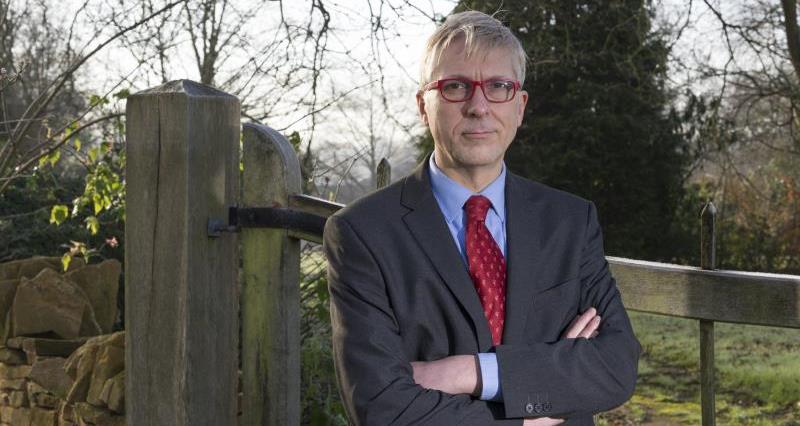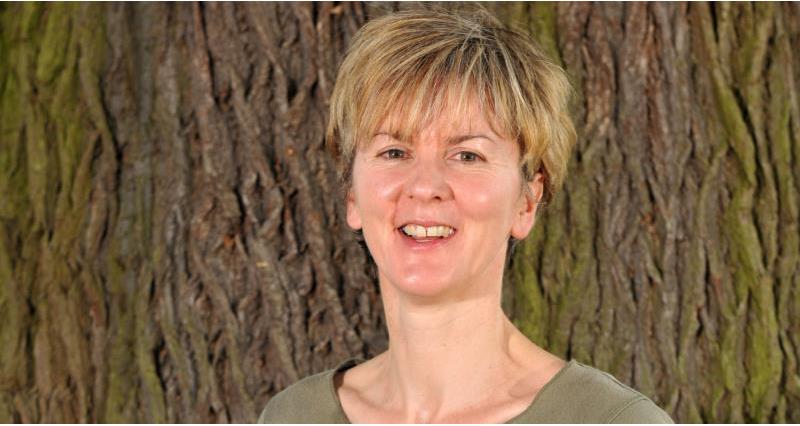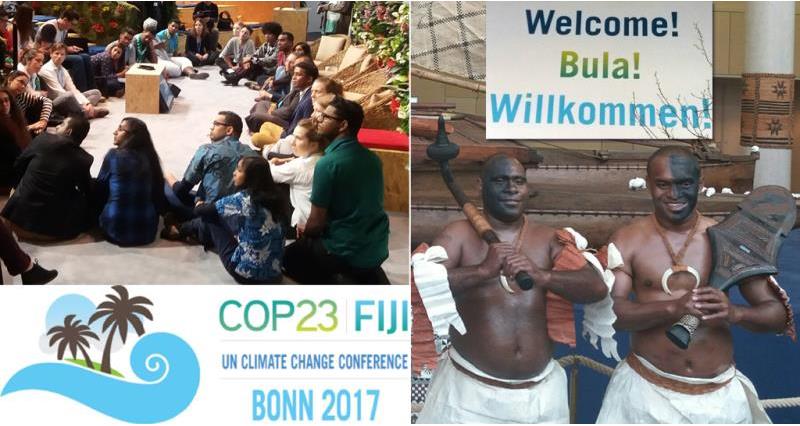The NFU's chief adviser for renewable energy and climate change, Dr Jonathan Scurlock, and climate change adviser, Ceris Jones, report from Farmers' Day at the COP23 climate conference in Bonn.

Jonathan writes:
A Fijian cane sugar grower, Parbindra Singh, and the environment chair of the German farmers’ association, Eberhard Hartelt, offered opening remarks, which were followed by presentations and a panel discussion. Theo de Jager, the South African president of the WFO, commented that no-one is as exposed to climate change as much as farmers – and no-one is better placed to do something about it.
Meryl Richards, representing the CGIAR international research network, described measures to enhance dairy production in Kenya covering animal health, fodder improvement and energy management for milk processing.
Scott Angle from the International Fertiliser Development Centre in Alabama highlighted the ‘4 Rights’ (right source, rate, time and place) for application of crop nutrients – echoing our own Tried and Tested programme in Britain.
Later in the day, presentations covered the growing private sector investment worldwide in solar powered irrigation. I had the chance (with my German opposite number) to put a question to the Fijian climate action champion and agriculture minister, Inia Seruiratu, who has personally made agriculture a priority thematic area for the high-level talks.

Ceris writes:
Fiji’s ‘Talanoa’ spirit, a Pacific Islands concept of an open and transparent group discussion without accusatory finger-pointing, is slowly but surely having an impact. Wednesday saw the first open dialogue between governments and the range of non-governmental organisations, which include scientists, trade unions, business and us farmers. Countries shared their experiences of working with different stakeholders and how it had helped them think differently and find innovative solutions.
As a representative of the Farmers Constituency, I had the opportunity to tell my story of working on the Greenhouse Gas Action Plan to the Fijian and COP 23 president, Frank Bainimarama, and the UNFCCC Executive Secretary, Patricia Espinosa. I said that success was more likely when farmers were actually involved in setting objectives for improving productivity, and when research is commissioned to fill gaps in knowledge and practice. And being told now and then that we are doing a good job is a great motivator!
